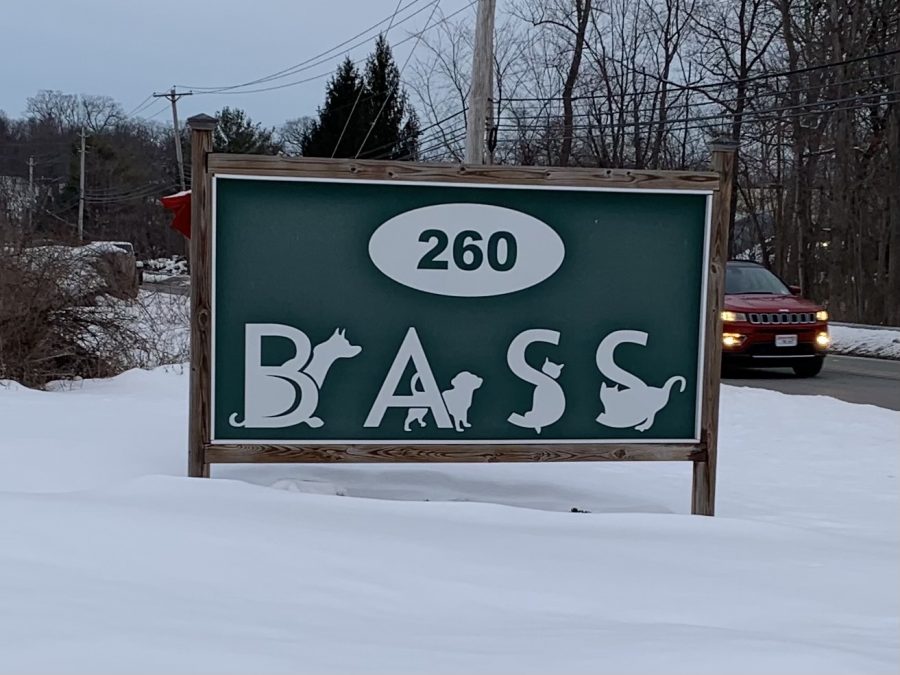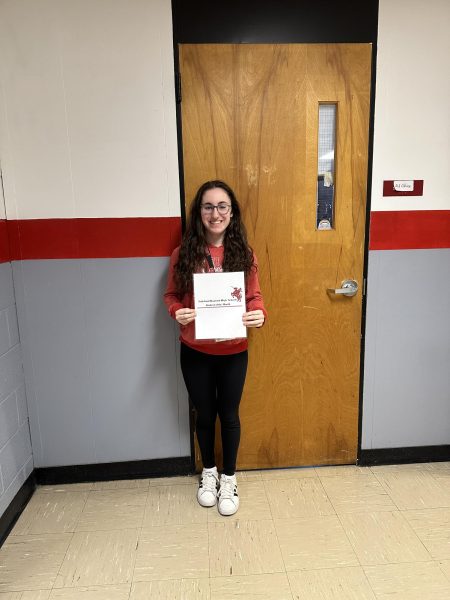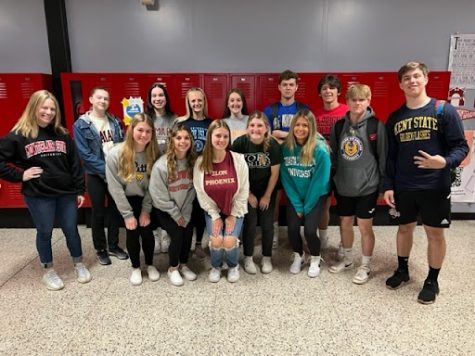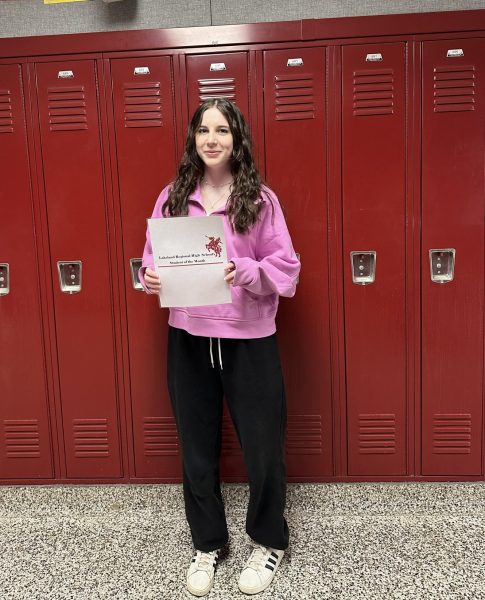How Animal Shelters Have Been Impacted By Covid-19: The Good and The Bad
BASS has done an incredible job in continuing to help dogs become adopted amidst the pandemic, all while staying safe and overcoming their challenges.
Running an animal shelter has its challenges of its own; running an animal shelter in the midst of the pandemic is a whole other story. With the idea of normalcy being skewed and health guidelines that must be followed, animal shelters have undergone a very interesting year to say the least.
Ellen Ribitzki is the owner of Bloomingdale Regional Animal Shelter Society (BASS) in Ringwood, New Jersey, and works specifically with the dogs that live at the shelter. When asked if the flow of adoptions in dogs had been slower or faster compared to previous years, she said the results were very “mixed.” Ribitzki explained that even with a closure for a few weeks early in the pandemic due to “uncertainty of precautions needed,”, the total number of dogs adopted in 2020 came relatively close to prior years.
The pandemic has allowed the shelter to tap into a new market of adopters. More people were homebound due to COVID-19 and because of this “felt they had the time to welcome a new dog” into their families. More people became aware of shelters and the dogs waiting for their forever homes within them. Key volunteer Danielle Uhlhorn also adds that the interest rates of people adopting a dog has significantly increased, again as people are home and have the time on their hands.
While the dog adoption rate has stayed nearly the same, the process itself has become slower. Many families, both before the pandemic and during the midst of it, searched the online BASS Petfinder for available dogs and came to the shelter to see those they showed interest in. Normally, the families would then be able to enter the shelter and check out all of the dogs. However, since the house is “an indoor space without adequate ventilation,” Ribtizki explains that this has limited access to the process of browsing through the shelter.
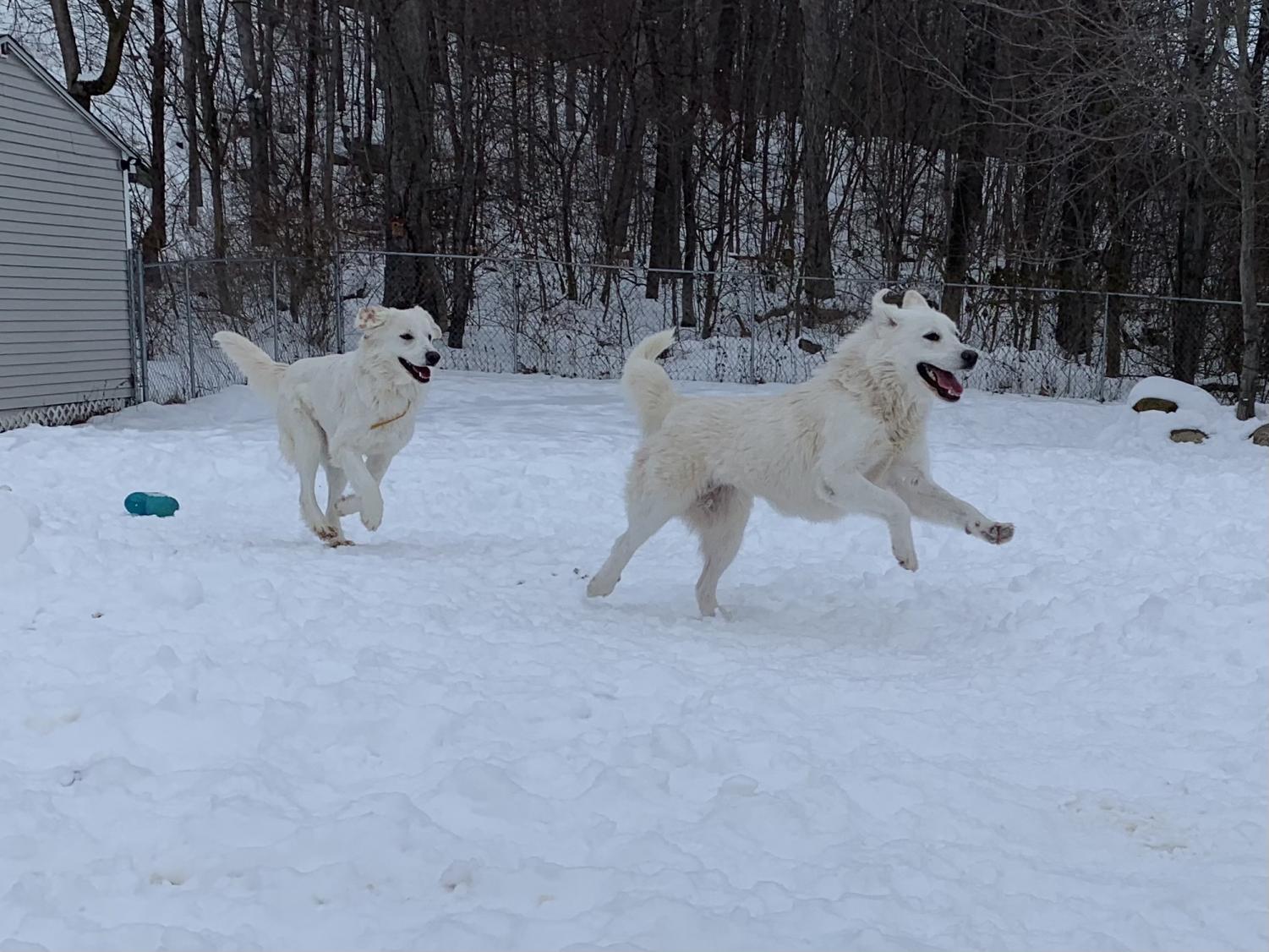
(Morgan Uhlhorn)
Since entering the shelter house is prohibited at the moment, BASS has undergone a new way to help families find their new best friend based on their preferences. Uhlhorn explains that “we [Ellen and the volunteers] try to match in the best possible way” families looking for a dog based on their interests. This method has been working, but it unfortunately does take a bit more time, and is much more difficult in the cold and/or wet winter months.
While the new process of adoption has its challenges, it does also have its benefits. Before COVID-19, Ribitzki would go to Petco on the weekends with a few dogs and display them for adoption. Uhlhorn explains that even though “Petco is a wonderful opportunity for people” to come into the store and potentially adopt, “meeting the dogs at the shelter” allows for a broader opportunity of finding the perfect dog for a family, rather than just the few present at Petco.
Not only this, by being outside and meeting the dogs, families can get to know the dog’s personality better, rather than simply meeting them through a crate.
The other great advantage of having adopters meet dogs at the shelter is it has allowed for many long term residents to find their forever home. Ribitzki explains that with the “increased demand” in dogs, many older residents that “would not get looked at before have become cherished family members.”
Both Ribitzki and Uhlhorn reference Loki, the previous longest resident at BASS. Loki was at the shelter for just over two years, and found her forever home during the pandemic.

(Morgan Uhlhorn)
Volunteers are a significant part in making up the BASS community. Despite the fact that the amount volunteers can do has been limited, Ribitzki says they have been “fantastic.” From showing up in the cold and spending a great deal of time outside, the BASS volunteers have continued to come play and give much love to the dogs.
The only downside to volunteering is again limitations. Uhlhorn explains that due to COVID-19, regulations and the constant possibility there will be adopters, some days only a certain number of volunteers are allowed to attend. This has “limited the attention the dogs get,” but Ribitzki says she is hopeful this will improve when the warmer weather arrives.
Ribitzki and her volunteers are not the only ones at BASS who have been affected by the pandemic, but the dogs as well. Uhlhorn explained that the masks play a big role in confusing and even intimidating some dogs.
She elaborated, describing how one dog in particular will shy away from people when they are wearing masks, but will lick one’s face all over once a mask is lowered. Alongside this, the dogs have become so used to Ribitzki only entering the house, that if another key volunteer is needed to enter, it throws some of them off, and even causes some to grow afraid.
While running the shelter during COVID-19 has been challenging, Ribitzki and her BASS community have worked incredibly hard (and socially distant) to continue helping the dogs become new family members and best friends. Watching people open up their hearts and take a dog home is that feeling of joy we have all been searching for throughout the pandemic.
For more information on BASS and the available dogs at the shelter, check out BASS petfinder here.
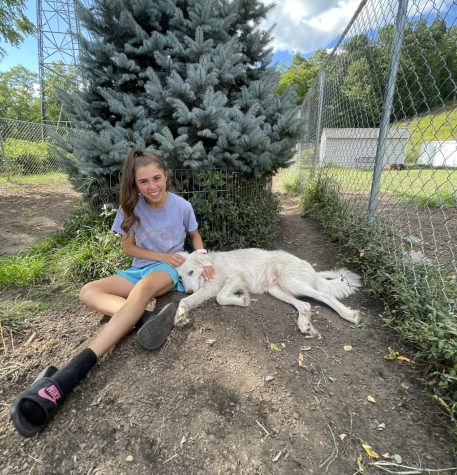
Morgan is a senior at Lakeland, and is beyond excited to be this year’s Editor-in-Chief for The Lancer Ledger. This is her fourth year writing for the...


